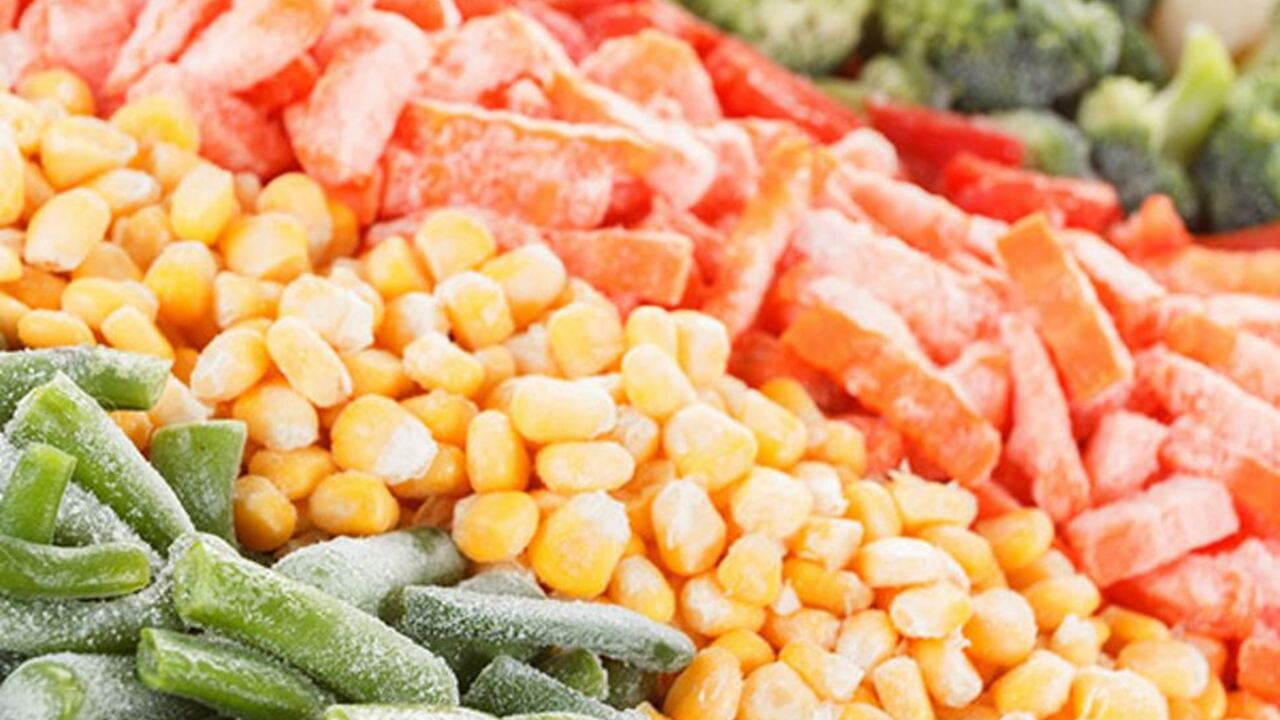According to the United States Department of Agriculture (USDA), the nutritional value of the produce remains virtually unchanged when stored in the freezer. However, the type of product and whether it is boiled before freezing is also important.
As Kelsey Costa, a registered dietitian and nutrition consultant, notes, ice crystals formed during freezing can break down cell walls, leading to a small loss of some nutrients (vitamin C, B vitamins), but these losses are usually very small.
If you do it right, freezing can even help preserve the nutrients in your food. A study conducted in 2017 found that there was no significant difference in vitamin content between fresh, freshly prepared and frozen foods.
The best option for cooking defrosted food is steaming (instead of regular boiling). Microwaving, pan-frying, or air-frying can also help optimize the nutritional content of these foods.
The most important thing when defrosting is the amount of time you spend on it. Defrosting for too long can adversely affect the nutrients in the food.
It is recommended to defrost food in the refrigerator, microwave or during cooking. Never defrost food on the counter or in a sink filled with warm water, as the risk of germ growth is high in these areas.
News materials cannot be equated with a doctor’s prescription. Consult an expert before making a decision.
Source: Ferra
I am a professional journalist and content creator with extensive experience writing for news websites. I currently work as an author at Gadget Onus, where I specialize in covering hot news topics. My written pieces have been published on some of the biggest media outlets around the world, including The Guardian and BBC News.










